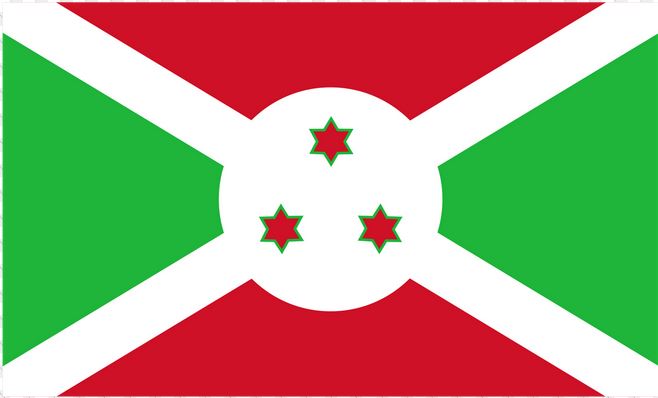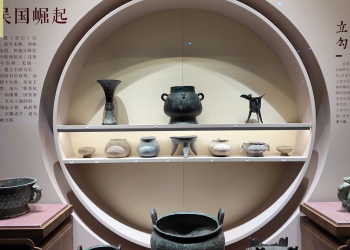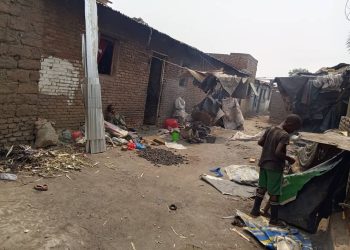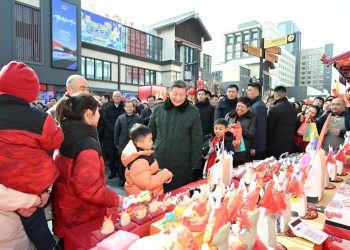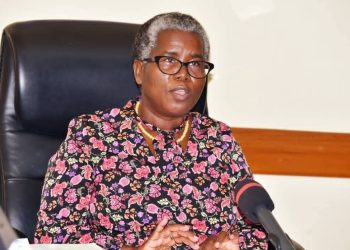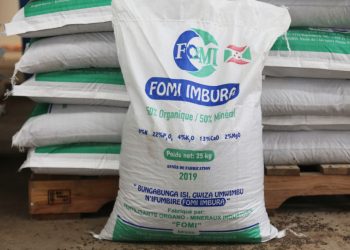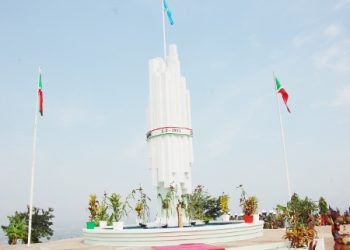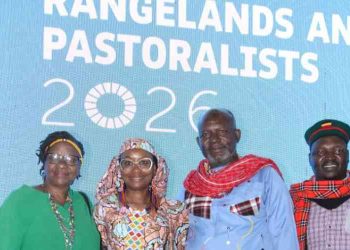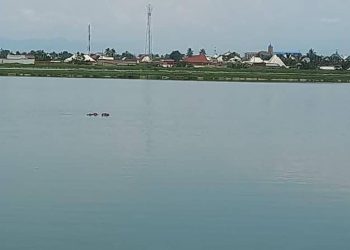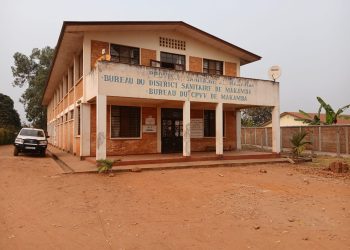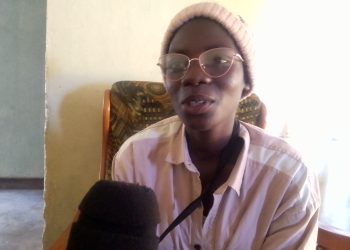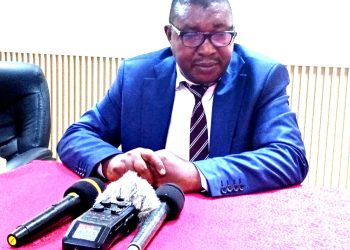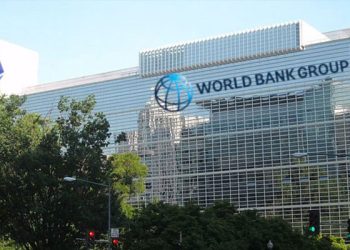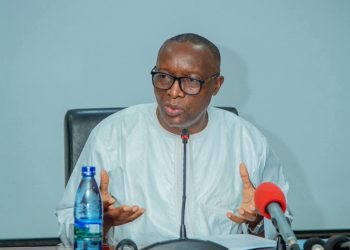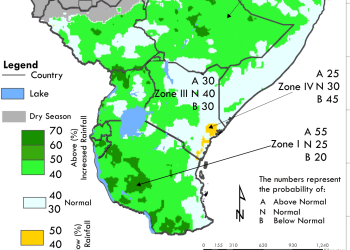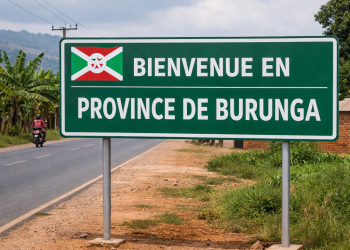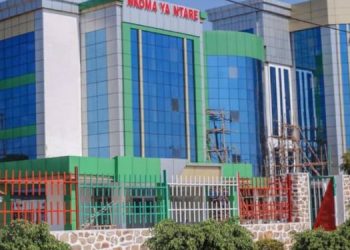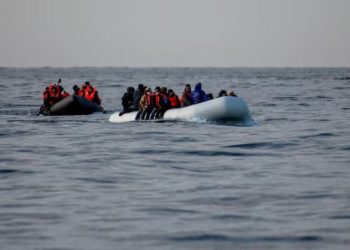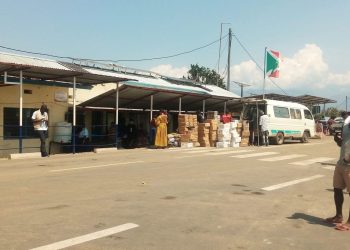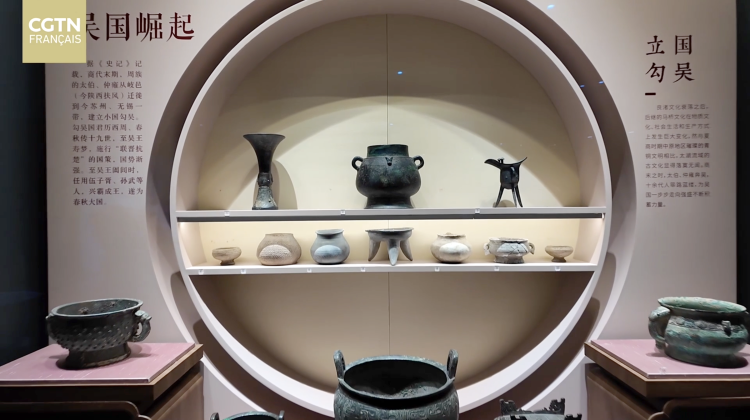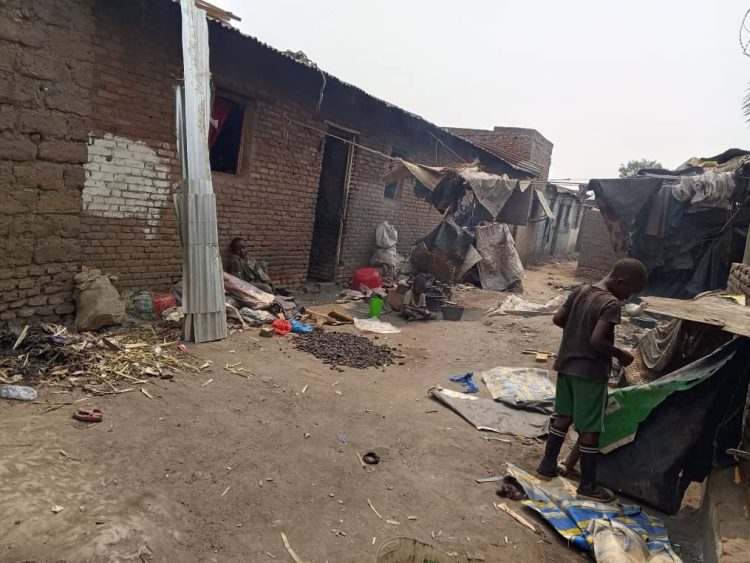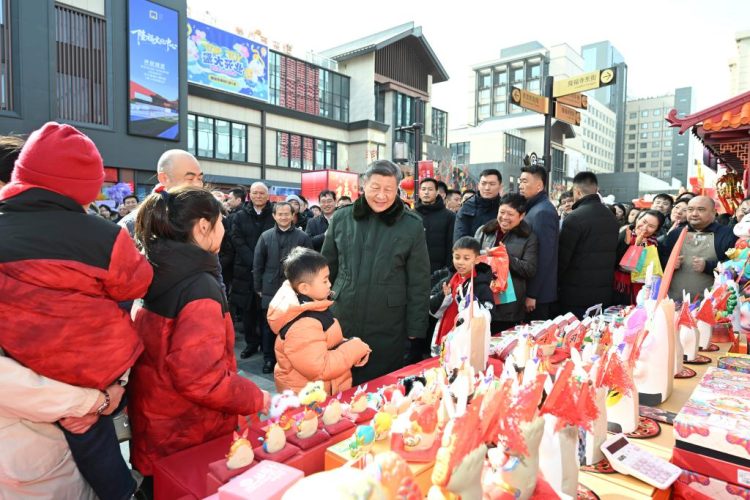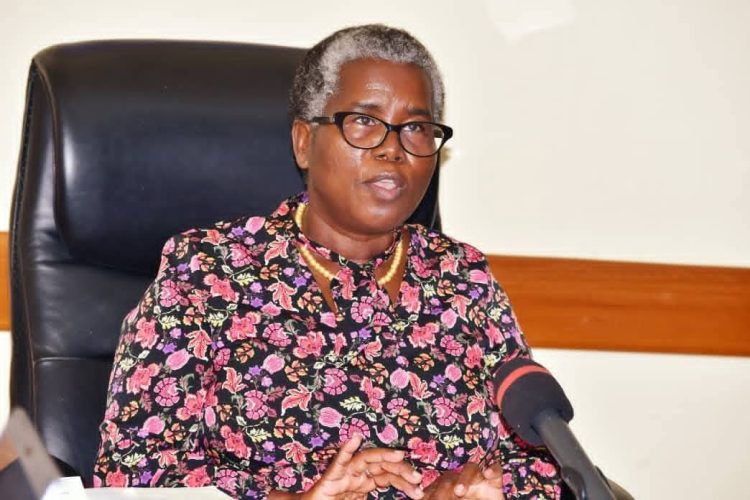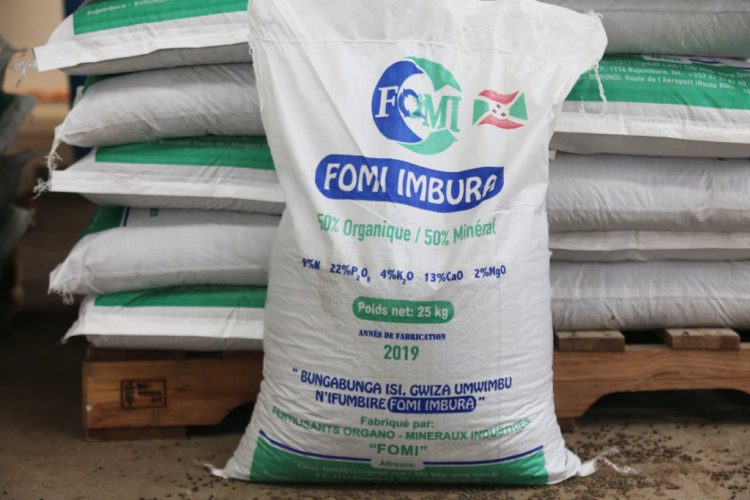The Burundian Government spokesman announced on 15 February that the Government would not be represented in the inter-Burundi dialogue session scheduled from 16 to 18 February in Arusha, Tanzania.
“The Government has decided not to send a delegation to Arusha to attend the inter-Burundian dialogue session scheduled from 16 to 18 February. Burundians certainly need the international community’s solidarity. However, their rights must be respected. They have the right to exercise their choice and conduct themselves a dialogue process to resolve their own problems, “said Philipe Nzobonariba, Secretary-General of Burundi Government on 15 February.
He said the participation in the dialogue of some politicians who are prosecuted in Burundi impinges on the sovereignty of the country and national law governing political parties.
He says Burundi Government cannot sit with Jamar Benomar, Special Adviser to the UN Secretary because the government has rejected him. He accuses Benomar of being biased in the Burundi conflict.
Some participants in the ongoing dialogue session in Arusha include political opponents prosecuted because they are accused of being involved in a failed coup attempt.
Government seeks a pretext to avoid peace talks
Jean Claude Nkundwa, an expert in the peaceful resolution of conflicts, said the Government is seeking a pretext for not participating in the negotiations. “Dialogue is a loss for the Government which has all the power and a victory for the opposition which seeks to gain power, “Nkundwa says.
The Government’s refusal to engage in direct dialogue will block the process.
The smooth running of the dialogue will require concrete actions on the part of the international community and especially the East African Community. “Negotiations will continue only if the Government feels a need to participate. The Government’s refusal to engage in an inclusive dialogue creates despair among Burundian people because they fear that the conflict will escalate into a full-scale war.
Nkundwa says the international community must take more concrete actions including compelling the facilitator to be impartial. If one attempts to analyze the facilitator’s behavior, he seems to be subjected to the authority of the Burundian Government because mediation tends to support Burundi Government’s position, “says Nkundwa.
He says the EAC, AU and UN have the responsibility to make a strong and impartial facilitation team. The negotiations that are underway in Arusha have been initiated by the EAC which wants to help Burundians find a solution to the crisis which has erupted since 26 April 2015 when the ruling party CNDD-FDD officially presented President Pierre Nkurunziza as a candidate in the 2015 presidential elections. According to UN reports, this crisis triggered the death of over 500 people and forced over 350,000 Burundians to go into exile.
Iwacu

